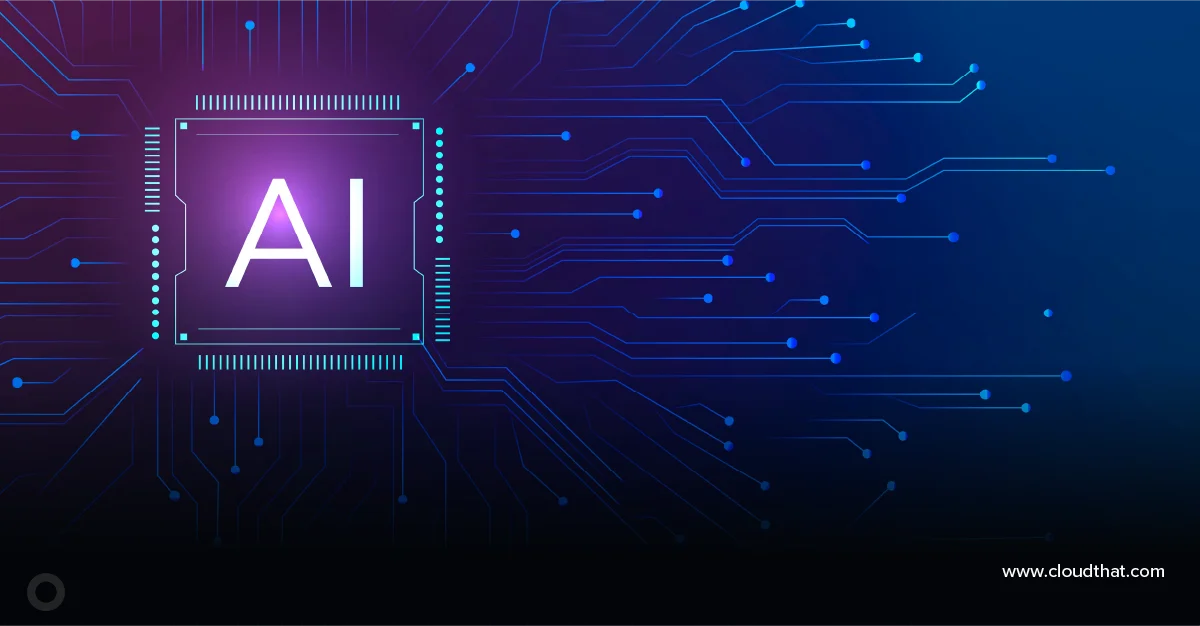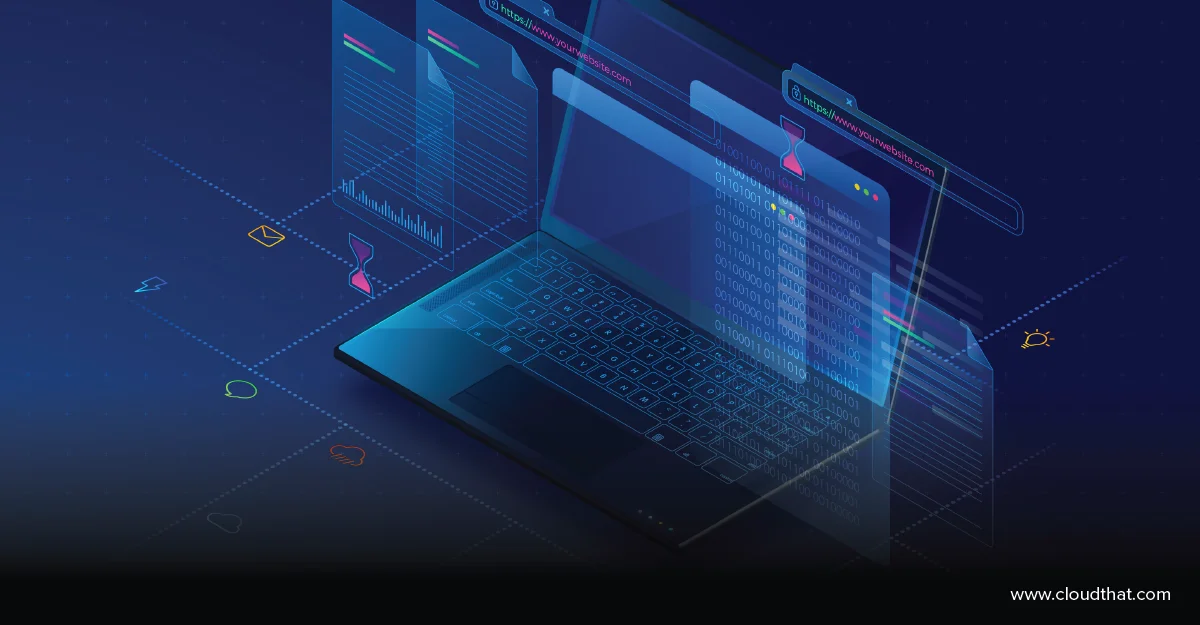|
Voiced by Amazon Polly |
In the fast-paced world of DevOps, acquiring industry-recognized certifications can significantly boost your career prospects. Organizations increasingly rely on DevOps to enhance collaboration between development and operations teams, accelerate releases, and maintain high-quality software. Microsoft Azure supports this evolution with a robust suite of DevOps tools and services. Microsoft’s Azure DevOps Certification, particularly the AZ-400: Designing and Implementing Microsoft DevOps Solutions, remains a sought-after credential for professionals aiming to master DevOps practices on Azure. Let’s explore the Azure DevOps certification roadmap and how you can achieve the AZ-400 certification effectively.
Access to Unlimited* Azure Trainings at the cost of 2 with Azure Mastery Pass
- Microsoft Certified Instructor
- Hands-on Labs
- EMI starting @ INR 4999*
Why Pursue Azure DevOps Certification?
Azure DevOps Certification validates your ability to design and implement DevOps processes, manage source control, enable continuous integration (CI) and continuous deployment (CD), and handle Azure artifacts effectively. With businesses rapidly adopting DevOps methodologies, certified professionals are in high demand.
Core Learning Objectives
The AZ-400 exam tests your knowledge and skills across eight key domains:
- Develop a DevOps Strategy: Design processes for collaboration, feedback, and continuous improvement.
- Implement DevOps Development Processes: Work with Git repositories, branching strategies, and pull requests.
- Implement CI: Automate build and testing processes using Azure Pipelines or GitHub Actions.
- Implement CD: Configure release pipelines, deployment strategies, and approval workflows.
- Implement Infrastructure as Code: Automate infrastructure using scripting tools and Azure Resource Manager.
- Manage Dependencies: Integrate package management and dependency scanning.
- Implement Continuous Feedback: Use monitoring tools like Azure Monitor and Application Insights.
- Implement Security and Compliance: Secure development processes and manage secrets using Azure Key Vault.
Certification Roadmap for 2025
Microsoft has streamlined its certification paths to align with evolving DevOps practices. Below is the recommended roadmap for attaining the AZ-400 certification in 2025:
Step 1: Begin with a Foundational Certification (Optional)
- Before attempting AZ-400, Microsoft recommends earning the Azure Fundamentals (AZ-900) This credential provides basic knowledge of cloud computing, Azure services, pricing models, and security concepts.
Step 2: Advance to Associate-Level Certification
- To qualify for AZ-400, you should earn either the Azure Administrator Associate (AZ-104) or Azure Developer Associate (AZ-204)
- AZ-104: Ideal for IT professionals managing Azure infrastructure, networking, storage, and security.
- AZ-204: Suitable for developers working on Azure applications, APIs, and solutions.
Step 3: Specialize with AZ-400
- Once you have foundational and associate-level knowledge, you can prepare for AZ-400, which covers the following key areas:
-
- Designing DevOps Strategies: Planning application development processes, adopting Agile methodologies, and integrating DevOps practices.
- Continuous Integration (CI) and Continuous Delivery (CD): Configuring pipelines using Azure DevOps, GitHub Actions, and third-party integrations.
- Infrastructure as Code (IaC): Automating deployments using ARM templates, Terraform, and Bicep.
- Security and Compliance: Implementing Azure security best practices, identity management, and threat protection strategies.
Preparation Strategies for AZ-400
To ace the AZ-400 exam, follow these preparation steps:
- Leverage Microsoft Learn: Utilize official learning paths, free labs, and hands-on exercises (AZ-400 on learn.microsoft.com).
- Enrol in Training Courses: Consider instructor-led training for better understanding and demo (AZ-400 CloudThat)
- Practice with Hands-On Labs: Set up Azure DevOps environments and experiment with CI/CD pipelines.
- Attempt Practice Tests: Validate your knowledge through mock exams before taking the official AZ-400 certification test.
Conclusion
Earning the Azure DevOps Certification (AZ-400) in 2025 is a strategic move for professionals aiming to thrive in DevOps roles. Following this roadmap, starting with fundamental concepts, progressing through associate-level certifications, and mastering DevOps strategies, will ensure you are well-prepared. Whether you’re an IT administrator, developer, or aspiring DevOps engineer, obtaining this certification will give you a competitive edge in the Azure ecosystem. Are you ready to kick-start your Azure DevOps journey? The future of DevOps is waiting!
Enhance Your Productivity with Microsoft Copilot
- Effortless Integration
- AI-Powered Assistance
About CloudThat
CloudThat is an award-winning company and the first in India to offer cloud training and consulting services worldwide. As a Microsoft Solutions Partner, AWS Advanced Tier Training Partner, and Google Cloud Platform Partner, CloudThat has empowered over 850,000 professionals through 600+ cloud certifications winning global recognition for its training excellence including 20 MCT Trainers in Microsoft’s Global Top 100 and an impressive 12 awards in the last 8 years. CloudThat specializes in Cloud Migration, Data Platforms, DevOps, IoT, and cutting-edge technologies like Gen AI & AI/ML. It has delivered over 500 consulting projects for 250+ organizations in 30+ countries as it continues to empower professionals and enterprises to thrive in the digital-first world.

WRITTEN BY Pramod Sunagar
Dr. Pramod Sunagar is a Subject Matter Expert and Microsoft Certified Trainer at CloudThat, specializing in Microsoft Azure, DevOps, and GitHub Copilot. With over 12 years of experience in academics and corporate training, he has upskilled more than 2,500 learners through immersive, hands-on sessions. Dr. Sunagar is widely recognized for simplifying complex cloud and DevOps concepts through real-world examples, guided labs and a highly interactive delivery style. His approach blends academic depth with practical application, enabling professionals to confidently apply skills in real-world projects. Backed by a Ph.D. in Text Analytics and multiple Azure certifications, he delivers training across a wide range of roles—from beginners to advanced developers—focusing on certifications such as AZ-400, AZ-204, AZ-900, AI-102, GitHub Copilot, AI-900, DP-900 and SC-900. His passion for teaching, combined with a commitment to learner success, makes him a highly trusted mentor in the cloud and DevOps learning space.


 Login
Login


 May 22, 2025
May 22, 2025 PREV
PREV











Comments